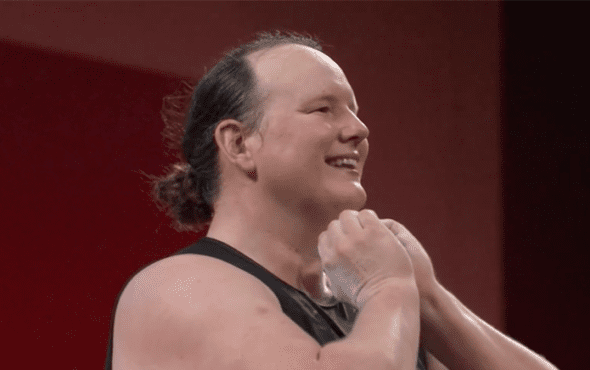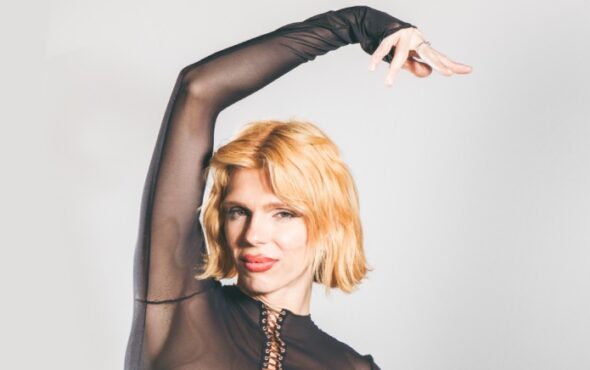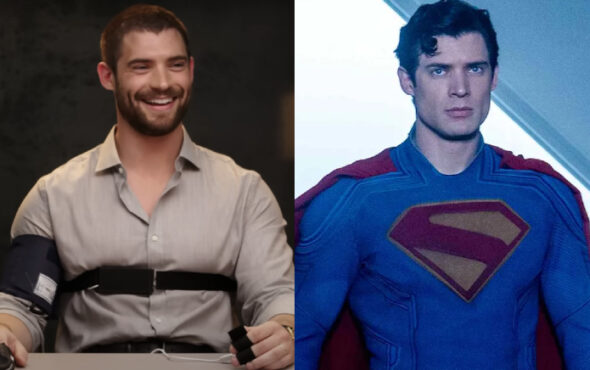
New Zealand’s Otago University has named trans Olympic weightlifter Laurel Hubbard as “sportswoman of the year.”
The history-making athlete was given the title at the Blues awards earlier this week.
According to the Otago Daily Times, Hubbard has become the first transgender woman to take home the title in the event’s 113-year history.
In a short statement, the 44-year old weightlifter said that she was “grateful for all the support and kindness received from the teaching staff and students at Otago University.”
She continued: “It is not possible for athletes to compete at the Olympic level without the encouragement and aroha of friends and supporters.
“This award belongs to everyone who has been part of my Olympic journey.”
Otago University Students’ Association president Michaela Waite-Harvey echoed similar sentiments and praised Hubbard’s journey.
“We could think of no one more worthy of sportswoman of the year than Laurel Hubbard who represented Otago and New Zealand incredibly well at this years Tokyo Olympics,” she said.
Earlier this year, Hubbard made LGBTQ+ history when she joined the New Zealand Olympic team in the women’s super-heavyweight 87+kg category.
Alongside her history-making placement, Hubbard was also the oldest athlete to compete at the Tokyo games.
Unfortunately, her time was cut short when Hubbard was unable to complete any of her three lifts.
Although she cleared the bar above her head in the second round, which she celebrated with clenched fists, the attempt was ultimately declared a no lift.
According to the rules, athletes are automatically eliminated from the competition if they do not record at least one valid lift in each of the two parts.
Shortly after exiting the competition, Hubbard acknowledged how her participation in the Games has ignited a fierce debate about the inclusion of transgender women in female sports.
“And, as such, I’d particularly like to thank the IOC, for, I think, really affirming their commitment to the principals of Olympism, and establishing that sport is something for all people. It is inclusive. It is accessible,” said the New Zealander.
Hubbard also thanked the International Weightlifting Federation for showing that “weightlifting is an activity that’s open to all of the people in the world,” as well as Japan for hosting the Olympics during the coronavirus pandemic.
“I know that from a sporting perspective I haven’t really hit the standards that I put upon myself and perhaps the standards that my country expects of me,” she continued.
“But one of the things for which I am so profoundly grateful is I have supporters in New Zealand who have just given me so much love and encouragement.”



